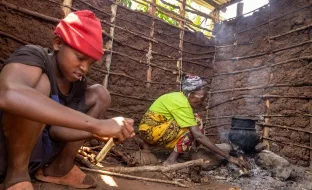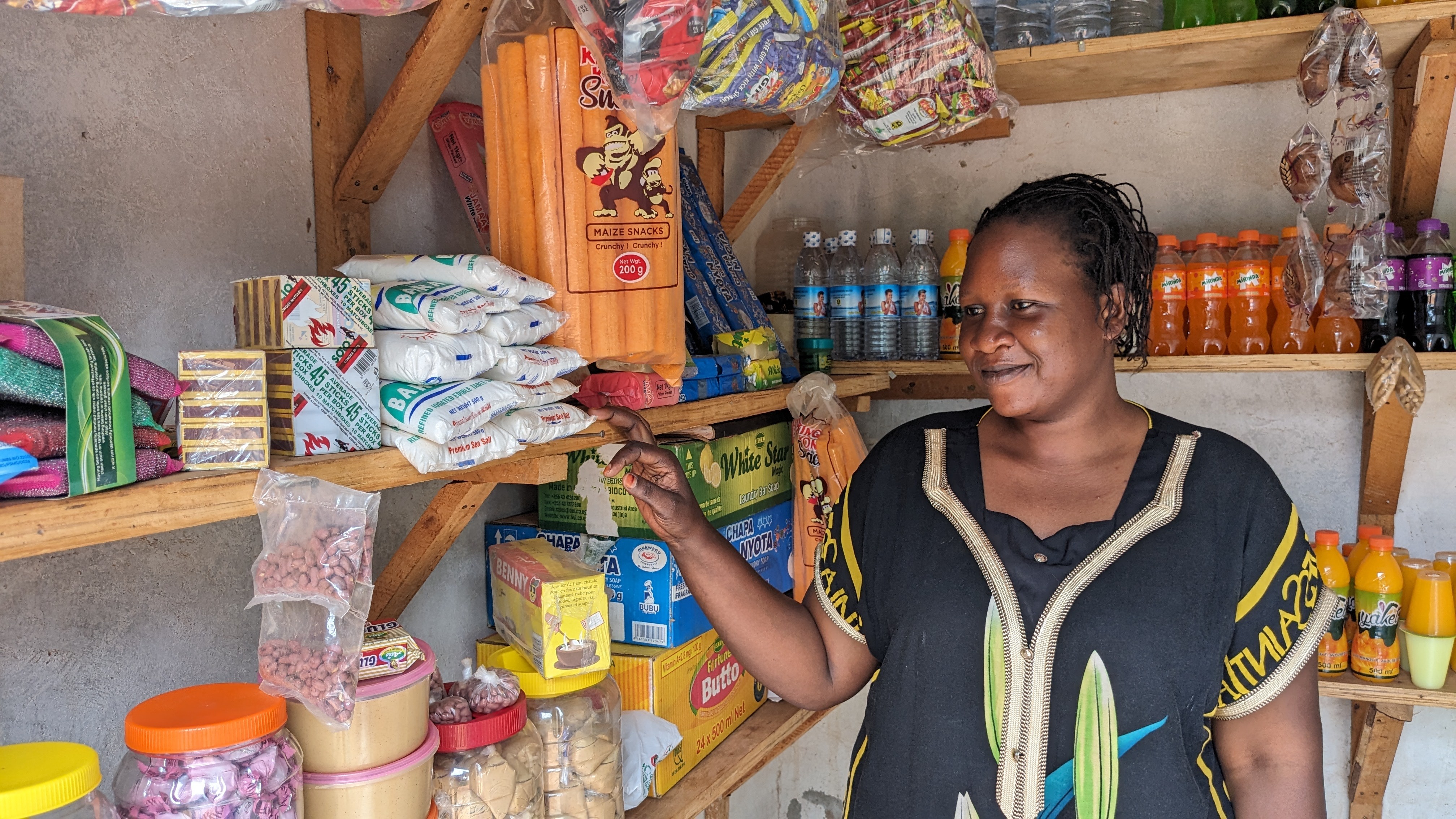This week, the World Bank issued a feature on climate change, where they mention cash transfers as a policy that might help people recover from the shocks of climate-induced natural events, and the The New York Times mentioned cash transfers to help with labor-displacing shocks brought about by technology. In Canada, the debate over Ontario’s proposed basic income trial continues.
GIVEDIRECTLY IN THE NEWS AND BLOGS
1. Nordic Conference on Basic Income Pilots, Recap
Basic Income News, Kate McFarland, November 14, 2016
On the first day of the conference, speakers included (in order of appearance), …Karl Widerquist (BIEN co-chair), Niels Meyer (former Professor of Physics at the Technical University of Denmark), The Society Think Tank, and GiveDirectly.
2. Silicon Valley Philanthropists Study ‘Problem First, Tool Second’
Philanthropy News Digest, November 8, 2016
To that end, they [Good Ventures] have partnered with GiveWell, a nonprofit dedicated to finding outstanding giving opportunities through data-driven analysis, to identify projects that provide outsize benefits relative to the dollars invested, donating nearly $30 million to the Against Malaria Foundation, a UK-based NGO that raises money for the purchase and distribution of bed nets in countries where malaria is endemic, and more than $47 million to GiveDirectly, a charity that enables donors to send money directly to poor people in Kenya and Uganda.
CASH TRANSFER NEWS
3. Disaster loss estimates ignore higher cost to poor – World Bank
Reuters, Megan Rowling, November 14, 2016
It also calculates that measures to help the poor withstand shocks could save countries and communities $100 billion a year and cut the impact of disasters on well-being by a fifth. Those measures include creating early warning systems and giving wider access to personal banking, as well as insurance policies and social protection systems such as cash transfers and public works programs.
4. Breaking the Link Between Extreme Weather and Extreme Poverty
The World Bank, November 14, 2016
The report proposes a “resilience policy” package that would help poor people cope with the consequences of adverse weather and other extreme natural events. This includes early warning systems, improved access to personal banking, insurance policies, and social protection systems (like cash transfers and public works programs) that could help people better respond to and recover from shocks.
5. HandoutsWith a Twist: Rebuilding America’s Infrastructure
The New York Times, Robert H. Frank, November 11, 2016
Some economists now worry that labor-displacing technology portends a similar fate for people. If labor markets can no longer provide an adequate primary source of income, they argue, additional cash transfers may be necessary.
6. Up in the Sky, Help to Keep Africans From Starving
The New York Times, Tina Rosenberg, November 8, 2016
The insurance works. It is associated with fewer distress sales of livestock, more milk production and household income from milk, better child nutrition and less stress. Compared with Kenya’s standard anti-poverty program, which is based on cash transfers, insurance is much more cost effective to scale up.
BASIC INCOME
7. Basic income for all: a 500-year-old idea whose time has come?
The Guardian, Gideon Haigh, November 10, 2016
Sometimes drawn into discussion of universal basic income is a less ambitious but more robust welfare variation – that of the targeted cash transfer. Its advocates first stirred in the mid-1990s and again have numbered some interesting individuals. In his maiden speech to parliament in 1994, for example, young backbencher Tony Abbott outlined an inchoate plan for a broad-based, non-means-tested “family wage” of $100 a week payable to the principal carer of dependent children. Again the allure was simplicity, reduced bureaucracy.
8. Basic income is not just about work, it’s about health
The Globe and Mail, André Picard, November 8, 2016
So is there a better way? That is the basic question that Ontario hopes to answer with its much-anticipated pilot project, testing a “basic income” approach. That research has taken a big step forward with the release of a discussion paper by special adviser Hugh Segal entitled Finding a Better Way: A Basic Income Pilot Project for Ontario.

